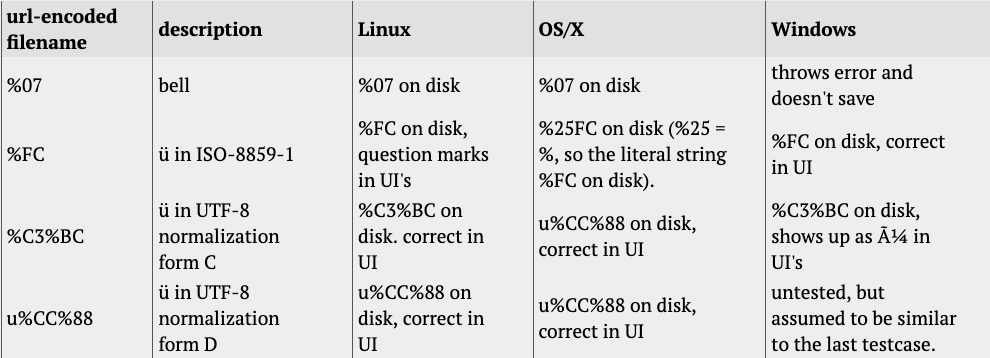In the Shopware 6 database in table "media" there is no column for the file location. There is only file_name, file_extension, and file_size. But there is no file_path.
Shopware somehow must convert the information from database to a file location to generate a file path like 'public/media/8f/25/74/1653530151/242178_0569-1.jpg'.
How does Shopware generate the file path? And is there a way to generate the file path via MySQL query?
MySQL [dev]> select * from media where file_name='242178_0569-1'\G
*************************** 1. row ***************************
id: 0191b9f8e7634a15a4e494d1206f797f
user_id: NULL
media_folder_id: d798f70b69f047c68810c45744b43d6f
mime_type: image/jpeg
file_extension: jpg
file_size: 2161002
meta_data: {"hash": "7b082f5a1a79e2dd0f39a2c8c1062a1c", "type": 2, "width": 1300, "height": 1300}
file_name: 242178_0569-1
media_type: ...
thumbnails_ro: ...
private: 0
uploaded_at: 2022-05-26 01:55:51.920
created_at: 2022-05-26 01:55:51.401
updated_at: 2022-05-26 01:55:54.428

